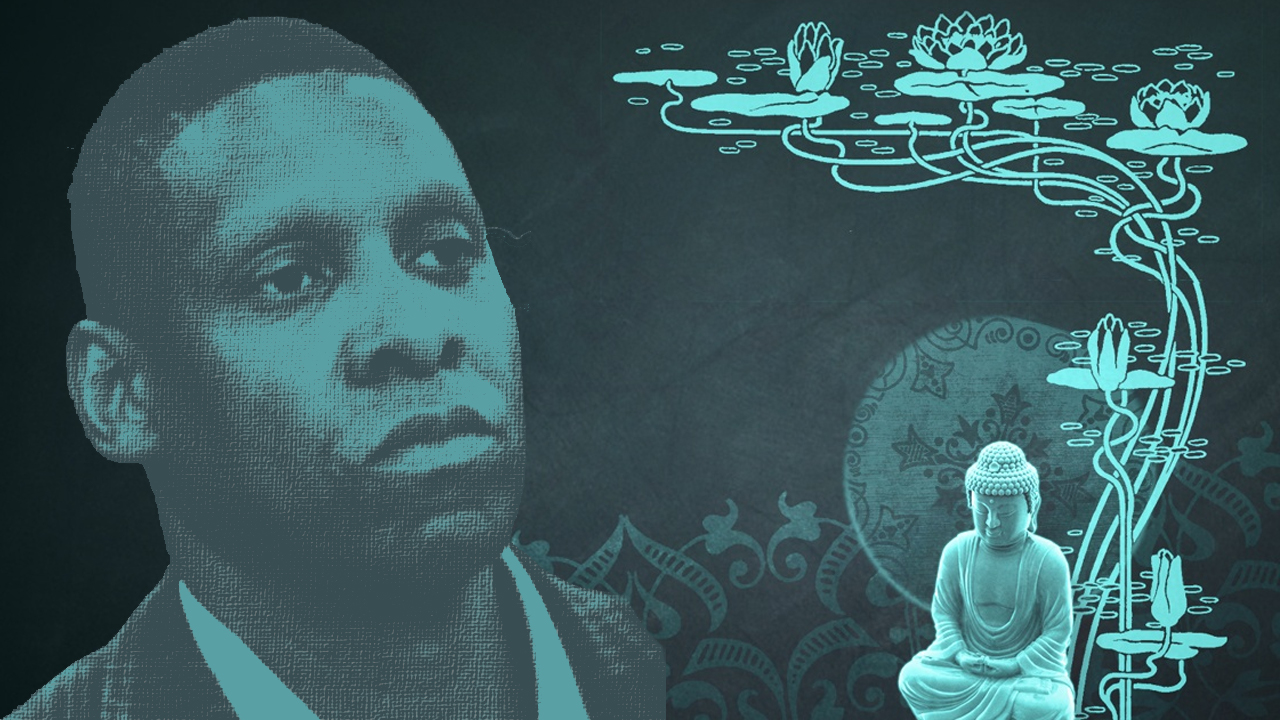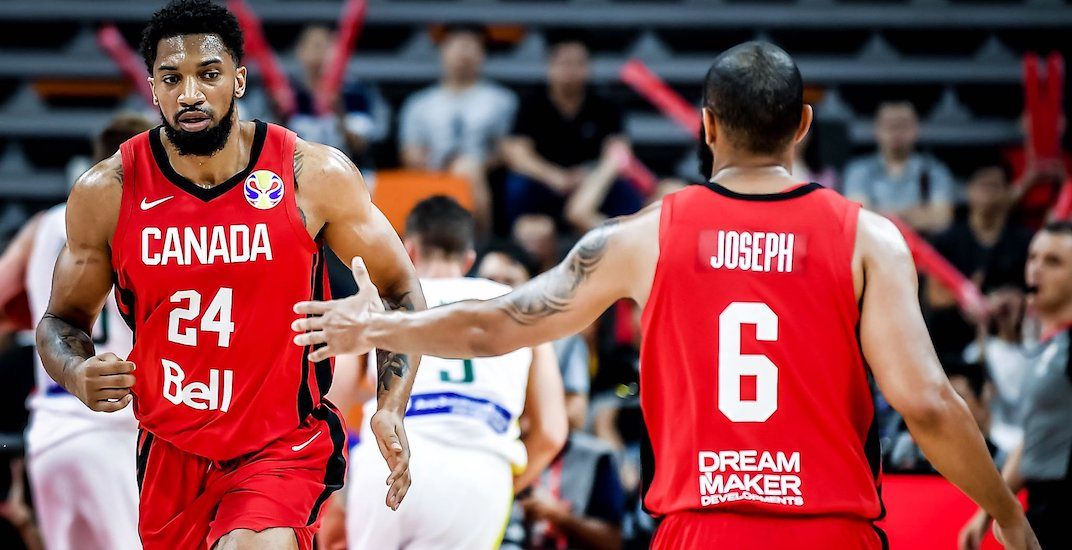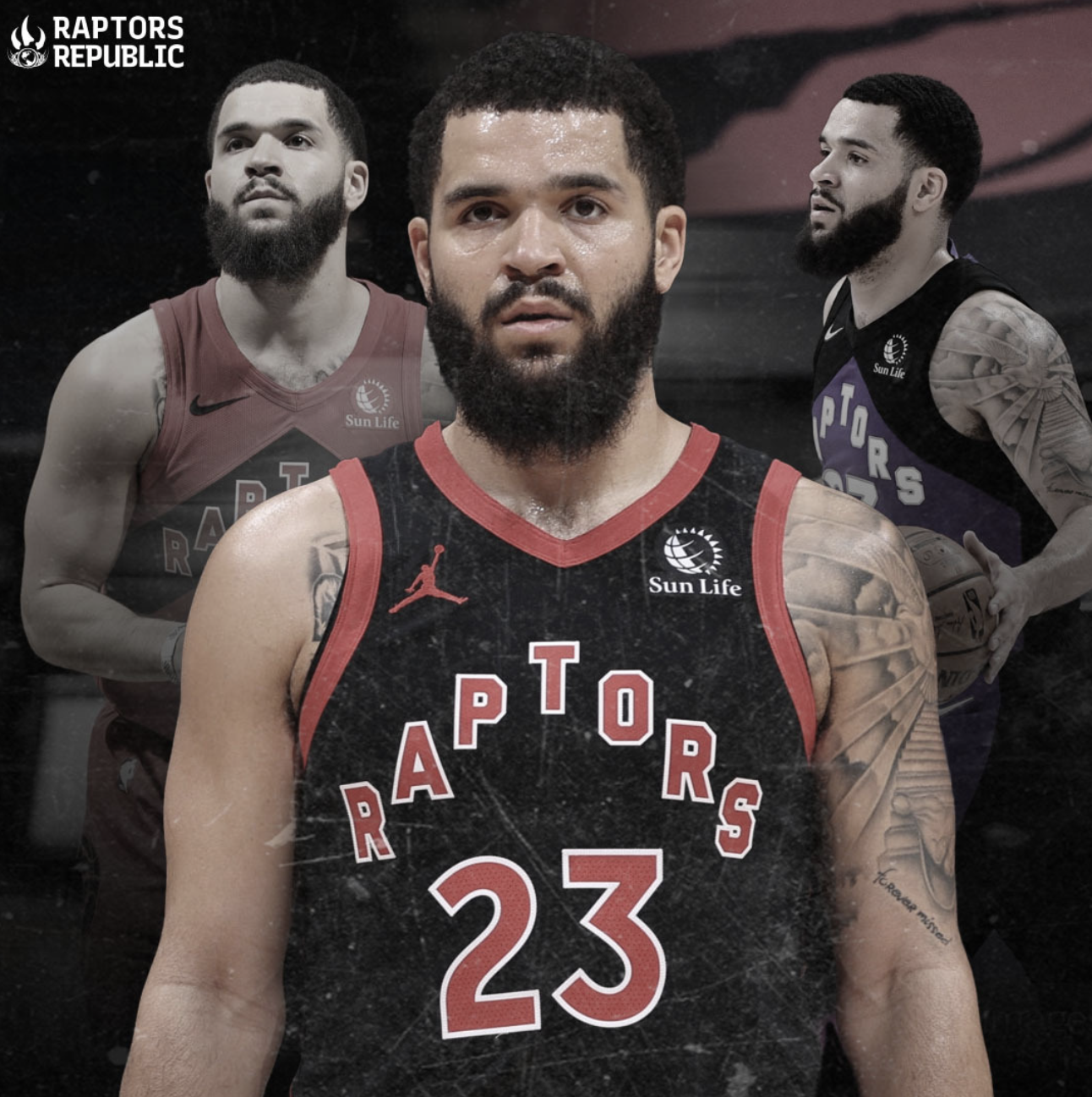There is a simple pleasure one derives from the execution of a task well done. Whether it be fixing a leaky faucet, winning a FIFA game, or building a picnic table which your family uses on warm Sunday afternoons. I imagine it is a similar feeling that Masai Ujiri, having reached the pinnacle of his profession two years ago, felt at the time. The scale of the job was bigger, the accolades louder and the celebrations longer, but at the heart of it was labour yielding fruit. A mission accomplished, a vocation answered, a populace satisfied.
The culmination of achieving a long sought objective has a thoughtful person asking themselves where next to use their energies. They balance their accomplishments with their need to pursue. Some pursue comforts, some pleasure, some pain, but everyone pursues. In the 1922 Herman Hesse classic, Siddharta, the protagonist having lived a life of extreme poverty and extreme wealth, returns to the fateful river that he had once crossed and counsels his pupil, Govinda, by now an old man still searching for meaning:
“When someone seeks then it easily happens that his eyes see only the thing that he seeks, and he is able to find nothing, to take in nothing because he always thinks only about the thing he is seeking, because he has one goal, because he is obsessed with his goal. Seeking means having a goal. But finding means being free, being open, having no goal.”
It is here that Masai Ujiri may need to pause and reflect on whether he must seek with the Raptors or find elsewhere. Conceptually, it is no different than one of us working at the same place for while, proving yourself as highly competent, gaining the respect of your peers, making enough money to satisfy whatever you reasonably need, and then…then what? Do you continue with more of the same, even though the same is quite great? Or do you put yourself in a new situation which challenges you and forces you to grow in different dimensions? Is a full time salaried job with the Toronto Raptors Ujiri’s path to tread? Or does he need to get lost and re-invent himself again ala Siddharta? Says Ujiri:
“I hate to talk about options, but I’m just in a point in my life where I have three children now and I have to look at everything completely.”
Ujiri, who was noncommittal in his press conference is still mulling this. Though he appears content in Toronto, he may yet leave the Raptors as he did Denver. As Pete D’Allessandro, then Denver’s VP of Basketball Operations notes recalling Ujiri’s exit from Denver:
“Masai was all-in on that team and that season — that’s who he is. There was never a feeling he was looking beyond Denver. That’s not how he operates”
That sounds eerily familiar. What changed the course of the winds in Toronto’s favour in 2013?
And after a day spent together [with Tim Leiweke], they got quickly to the details. Ujiri had non-negotiables if he was going to be pried from the Nuggets, including a list of executives he’d need to hire, most of whom still make up his inner circle. He insisted the club build a practice facility and acquire a team in the NBA’s development league. Not 30 minutes after Ujiri left his meeting with Leiweke, Hughes called with an offer that met all of Ujiri’s demands and included a five-year contract at about $3 million a season, plus $200,000 a year for Giants of Africa.
There is precedent that Ujiri has taken a hard left when insiders thought he was on a comfortable course, and the present situation is similar. Ujiri’s involvement in programs like Giants of Africa, Basketball Without Borders and That’s Humanity speak to a man who wants to do more than just win basketball games, but use basketball as a platform to elevate the well-being of people. He speaks of fighting racial injustice as an “obligation as a human being”. Those are strong words. The Raptors organization provided a platform for his humanitarian endeavours which played a part in Ujiri leaving Denver. Would not other bigger markets provide bigger platforms? Would we begrudge him that? If $200,000 a year to Giants of Africa did the deal then, would not $2,000,000 a year do it now? Or perhaps this isn’t about any of that at all, and Ujiri has other challenges he wants to pursue that he is even yet to identify.
The Raptors case to Ujiri to stay and steer the ship has to encompass more than basketball, but the table stakes have to be the pursuit of excellence in basketball. Anything less and the decision for Ujiri to walk becomes an easy one. That is the comforting part of having Ujiri around: he will hold ownership accountable to pursue winning. You can’t have Masai Ujiri in your front-office and consider a 6th place finish acceptable, as that attitude would be tantamount to showing him the door. An ownership stake has been talked about which can be viewed as a financial incentive and power to guide the organization to be aligned with his worldview, but beyond that, it forces the franchise to always aim high. That is not something MLSE has always done, and is something Ujiri requires as he alluded to in his end-of-season press conference:
“I think our ownership is strong. I remember coming in here, they told me if I wanted to go into luxury tax at any point in time, they would do it. Our ownership has been pretty clear with us: whenever we put ourselves in position to win and get players, they will do those things to give us that chance.”
The Raptors should pursue Ujiri to the maximum because continuity is important. Some maintain continuity at the player level (LeBron/Cleveland), some at the front office (Pat Riley) and some on the bench (Greg Popovich, Jerry Sloan). With Kyle Lowry likely leaving, the Raptors continuity is at the management level and that starts with Ujiri. He is the thread that ties it all together.
Historically, the Raptors ownership has always had a convenient excuse for not being competitive. Something along the lines of free agents not wanting to come to Toronto and the difficulty in re-signing them. Though Ujiri has publicly stated that that’s no longer the case, evidence suggests otherwise as the biggest free agent in recent memory did choose to leave when given the choice. No matter what the perceptions of playing in Toronto might be like, the franchise has never had a more stable footing and an attractive value proposition, and that is due to Ujiri (and if you go far back enough, Tim Leiweke).
Is this footing enough for MLSE to build upon if Ujiri leaves? Maybe, but it feels like taking a chance because the “handover” to the next generation isn’t entirely tested. So far, Ujiri’s best deals have come using assets acquired by his predecessor, namely DeMar DeRozan for Kawhi Leonard, Terrence Ross for Serge Ibaka and Jonas Valanciunas for Marc Gasol. All the key outgoing players were from the Bryan Colangelo era. The last remaining Colangelo asset is Lowry, and once the Raptors deal with that situation this summer, the franchise will have seen a complete reshuffle entirely in the mold of Masai Ujiri and Bobby Webster. How this group with the core of Pascal Siakam, OG Anunoby, Fred VanVleet, and potentially Gary Trent Jr., will shape up is not known. It is this group that will require tweaks that MLSE, left to their own devices, can easily bungle up as they have done in the past. It is here where Ujiri has to shepherd this franchise at the bare minimum because that phase of the job isn’t done. It’s only started. There are exciting assets but are as a collective, unproven.
Maybe he wants to re-sign and continue the journey with the Raptors and the only thing holding back is the paradoxical nature of man, as eloquently summarized by St. Paul:
So I find it to be a law that when I want to do right, evil lies close at hand. – Romans 7:21
I’m not suggesting Ujiri’s up to any evil but that when a big decision lies ahead for anyone – be it Ujiri, Siddharta or Govinda – indecision is a natural consequence.



